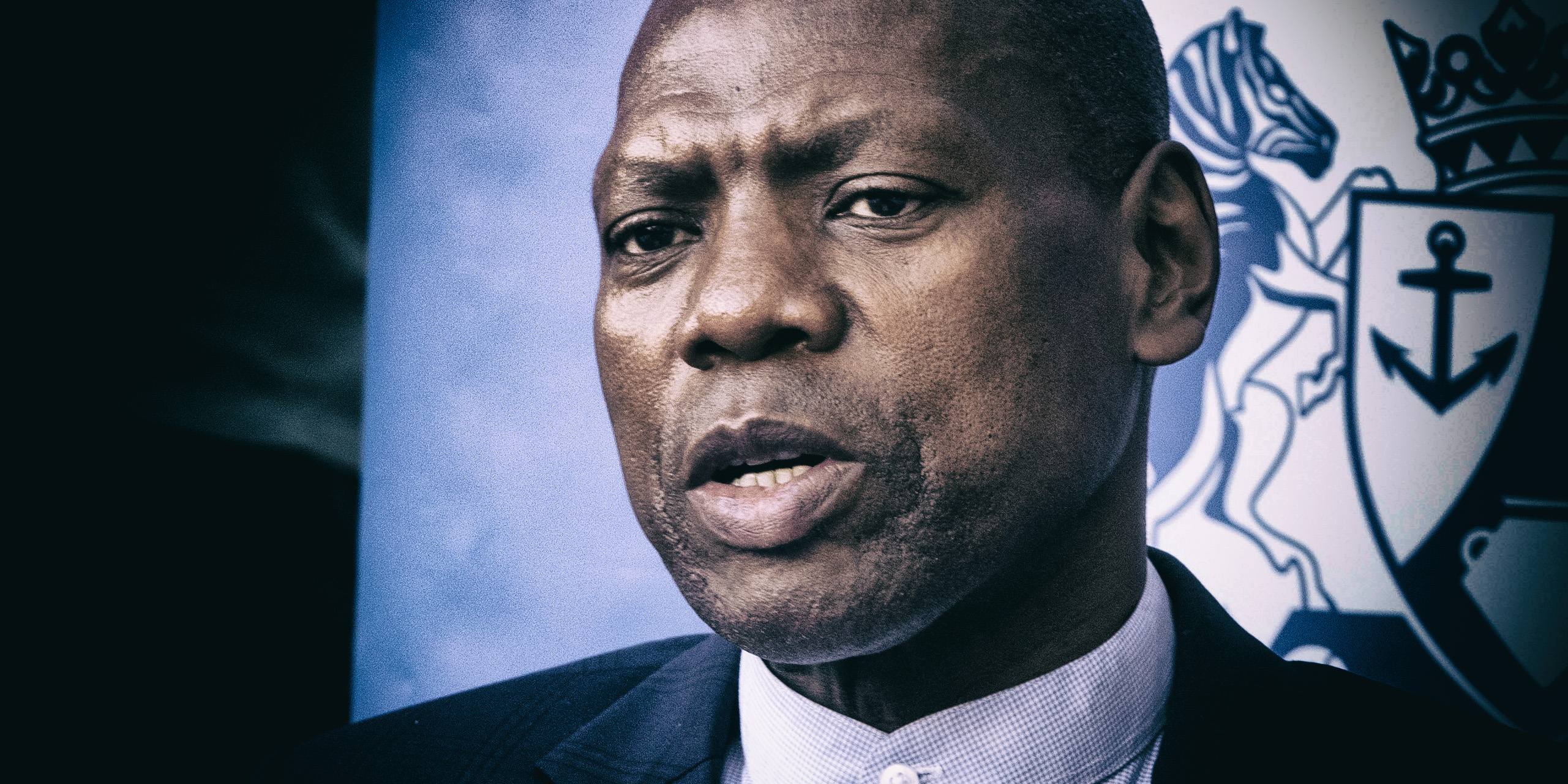
Whole country to move to Level 3 on 1 June, but further detail delayed, again
by Greg NicolsonA highly anticipated media briefing on the Level 3 regulations has once again been postponed. Meanwhile, Health Minister Zweli Mkhizi clarified on Wednesday that Covid-19 hotspots will move to Level 3 along with the rest of the country on 1 June.
A National Coronavirus Command Council media briefing on the regulations was scheduled for Tuesday, but that was postponed to Wednesday. On Wednesday, it was postponed again without a new time and date.
Instead, in a statement on Wednesday, Health Minister Zweli Mkhize clarified that the whole country would move to level 3 on June 1, including the hot spots that had been identified.
The hotspots are Cape Town, Tshwane, Johannesburg, Ekurhuleni, eThekwini, Nelson Mandela Bay and Buffalo City.
Mkhize on Wednesday said teams of specialists will lead the Covid-19 in hotspots, defined as five infected people per 100,000 of the population, to implement increased testing and tracing measures and ensure people who have tested positive to the virus follow isolation and quarantine guidelines.
He was clarifying confusion that arose after certain reports indicated that Covid-19 hotspots would remain at Level 4 after 1 June, while all other districts would shift to Level 3, which allows for far greater economic activity. These reports were based on an outdated slide that was included in a presentation to the National Council of Provinces on Tuesday by mistake, said Mkhize.
He added: “If the spread of the infection is not contained despite the above-mentioned interventions, government will make a determination on whether to return that specific area, (i.e. metropolitan, district, sub-district, ward) to alert level 4 or 5.”
On Sunday, President Cyril Ramaphosa announced Level 3 would be implemented countrywide on 1 June. He outlined how many sectors of society and business would be able to reopen, and a number of restrictions on movement would be lifted.
Ramaphosa on Sunday listed Cape Town, Tshwane, Johannesburg, Ekurhuleni, eThekwini, Nelson Mandela Bay and Buffalo City as Covid-19 hotspots.
During a briefing to the NCOP on Tuesday, Mkhize admitted that the economy is reopening despite the rapid spread of Covid-19 “because there’s a problem, a crisis of hunger, income, economic recession and social distress”.
Debate also continues over Ramaphosa’s announcement that the sale of alcohol will be permitted under Level 3 and places of worship will be allowed to hold public services for up to 50 people.
The government previously said that restricting the sale of alcohol had significantly reduced related injuries, such as assaults, and had freed up resources in the health system that could be diverted to the fight against Covid-19.
While many in the religious sector have welcomed the move to reopen places of worship, some have questioned how hygiene and distancing guidelines will be implemented and monitored.
In a televised address earlier in May, Ramaphosa said Cabinet was committed to being “transparent, to take the nation into confidence and to do so regularly”.
With only days before Level 3 is implemented, repeatedly delaying the National Coronavirus Command Council’s press conference deprives the public of getting crucial information about what lies ahead, and casts doubt on the government’s preparedness to safely handle the widespread lifting of restrictions.
Ministers have had to face tough questions at press conferences on the rationale for the regulations, as well as provide specific detail about how they will affect daily life.
Specific details of what’s allowed under Level 3 will only be revealed in the updated regulations on the State of Disaster. DM
This article was amended for accuracy at 3.45 pm on 27 May, 2020.

Greg Nicolson
Comments - share your knowledge and experience
Please note you must be a Maverick Insider to comment. Sign up here or sign in if you are already an Insider.